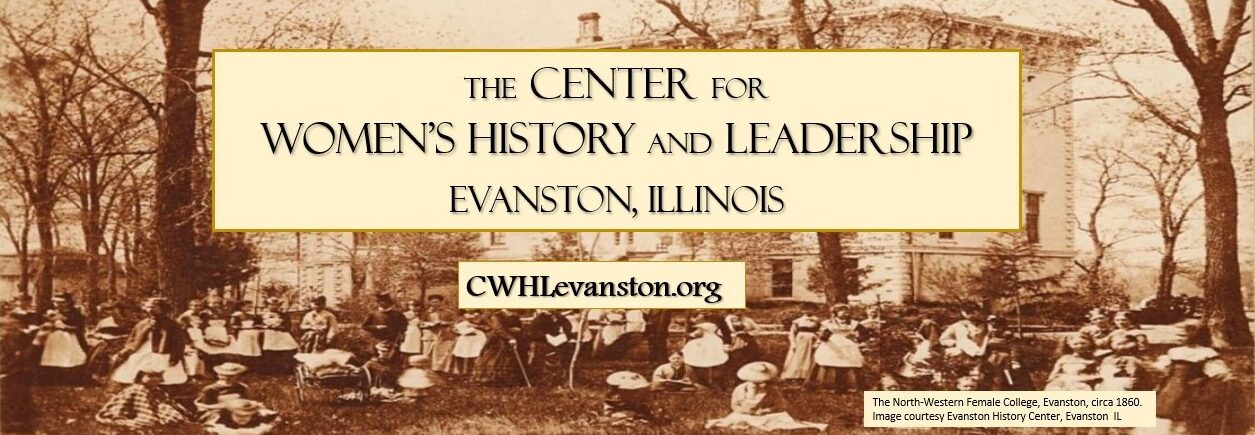This summer, the Frances Willard House Museum is highlighting stories of women’s mobility and travel. Many items on display at the Museum provide insight into the ways in which women crossed borders, transcended boundaries, and formed wide-ranging coalitions. The research and initial draft for this blogpost were done by Britt Fagerstrom, Luke Eberts, and Jessica Jensen, undergraduate students in Professor Amy Tyson’s Spring 2023 Material Culture of U.S. Women’s History course at DePaul University.
Music played an important role for the WCTU (Woman’s Christian Temperance Union). Gathering together and singing songs as a community strengthened members’ engagement with each other and with their cause. Although many WCTU meetings were held in churches with powerful pipe organs, portable folding reed organs like this one ensured that WCTU organizers would have suitable musical accompaniment, whatever the venue – town hall, open-air meeting, or a WCTU member’s front parlor.
Our Bilhorn Portable Organ, on display in Anna Gordon’s office at the Frances Willard House Museum, was patented in 1901, three years after Frances Willard’s death. Anna Gordon, who was Willard’s personal secretary and served as president of the WCTU from 1914 to 1922, may have taken this organ on her own extensive travels. It has signs of frequent use, most notably on the pedals, where the paint and varnish has worn through in the middle. There are scratches and divots all over the instrument, indicating lots of wear and tear.
The organ is just 36” wide and folds up so it can be easily loaded onto a train or buggy. This organ was produced by Bilhorn Bros. Organ Co. of Chicago. The company was established in 1885 by Peter Philip Bilhorn (1865-1936), an evangelist and the composer of many hymns. Several other companies, including Mason & Hamlin and Estey, also sold portable organs; they were purchased by the many itinerant evangelists and revivalists who traveled the country and knew the importance of music to their missions.
Like the travel tea set featured in our previous post, the portable organ reflects the extent to which WCTU members were on the move, traveling from town to town to organize new Unions and hold annual conventions. While the tea set promised refreshment to weary train travelers, the portable organ ensured that each meeting could begin and end with spirited temperance hymn-singing.
Many of the hymns were composed by Anna Gordon. Gordon came from a musical family who often gathered around their piano to practice and sing hymns. In fact, Anna Gordon and Frances Willard met in 1877 while Gordon was playing the organ for Dwight Moody’s revival meetings, where Willard was briefly a lecturer.
Anna Gordon wrote dozens of songs and published numerous songbooks (there are many examples in the Willard House and in the WCTU Archives) filled with hymns advocating for temperance and women’s suffrage. For example, her Temperance Songster features “Saloons Must Go,” “Stand Up for Prohibition,” and “A Temperance War-Cry,” in which the performers sing: “We’ll keep our minds, like crystals, pure and bright; Our bodies strong by doing what is right; We’ll let all forms of alcohol alone; Pure water makes good sinew, and the best of bone.” And since children were a major focus of Gordon’s work for the WCTU – Gordon was instrumental in founding the children’s Loyal Temperance Legion in 1895 – the portable organ was often used to accompany children’s meetings, where some of Gordon’s own works would be performed.
